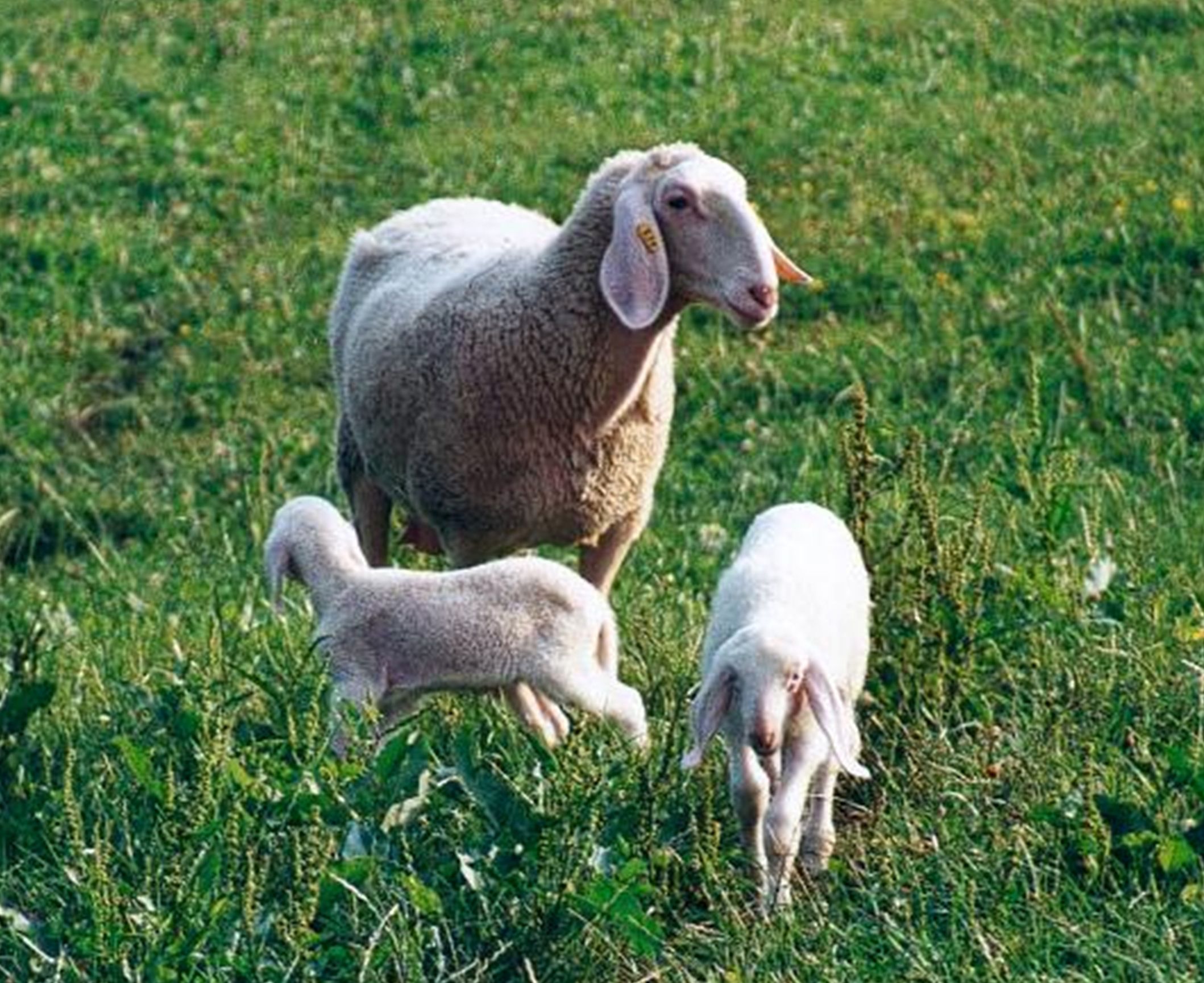As a factor disease, the immune status of the host animal, hygiene and infection pressure, husbandry and stables, management and feeding determine whether coccidiosis breaks out in a herd or not. Over the last few decades, attempts have been made to get this problem under control through the widespread use of coccidiostatic chemotherapeutic agents. The emergence of resistance to key groups of chemotherapeutic substances, the associated inhibitor and environmental problems and, last but not least, the social trend towards alternative medical prevention and treatment methods make it seem sensible to examine alternatives. The Preparation Elmericox used in the present study is approved as a supplementary feed in Austria and is said to have a strong coccidia-inhibiting effect due to its purely plant-based additives.
In a feeding trial with Elmericox, the following examinations will be carried out on 15 test lambs at the LFZ Raumberg-Gumpenstein: recording daily weight gain, feed and nutrient intake, regular parasitological fecal examinations, surveys of health and nutritional status as well as fecal consistency. The supplementary feed is mixed into the lamb starter; the target value is 6 g Meilericox/100 kg LM/d. Another 15 lambs serve as control animals. The end of the experiment will be when a live weight of 38 kg (female animals) or 42 kg (male animals) has been reached. There are no plans to slaughter the 30 sheep. The results of this study (positive, no or negative effects from the use of Meilericox) are of interest to both lamb fatteners and breeders in the context of lamb rearing.







